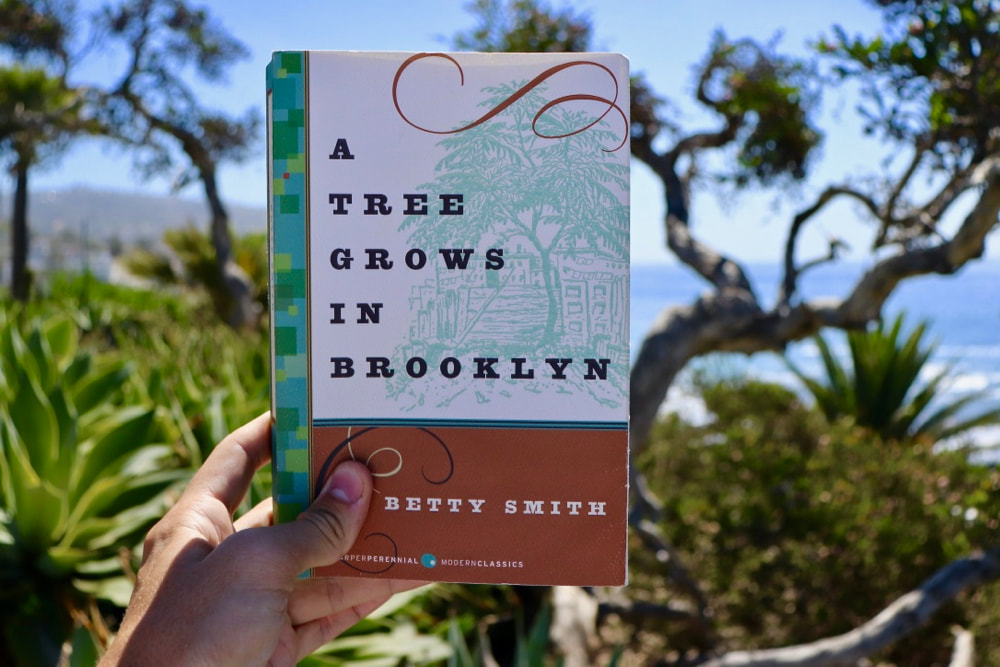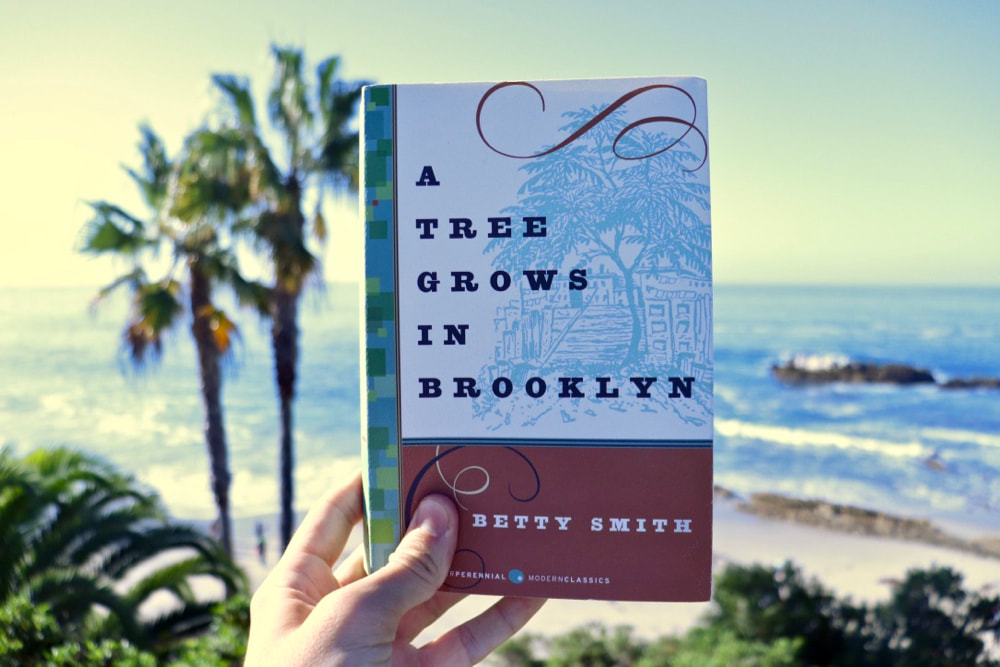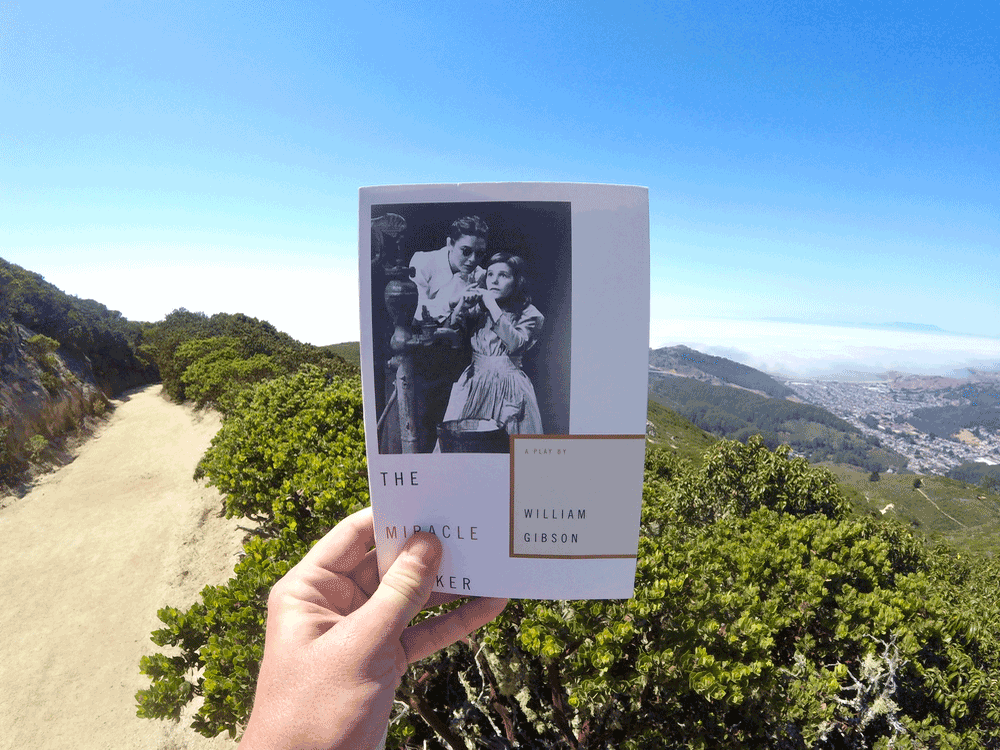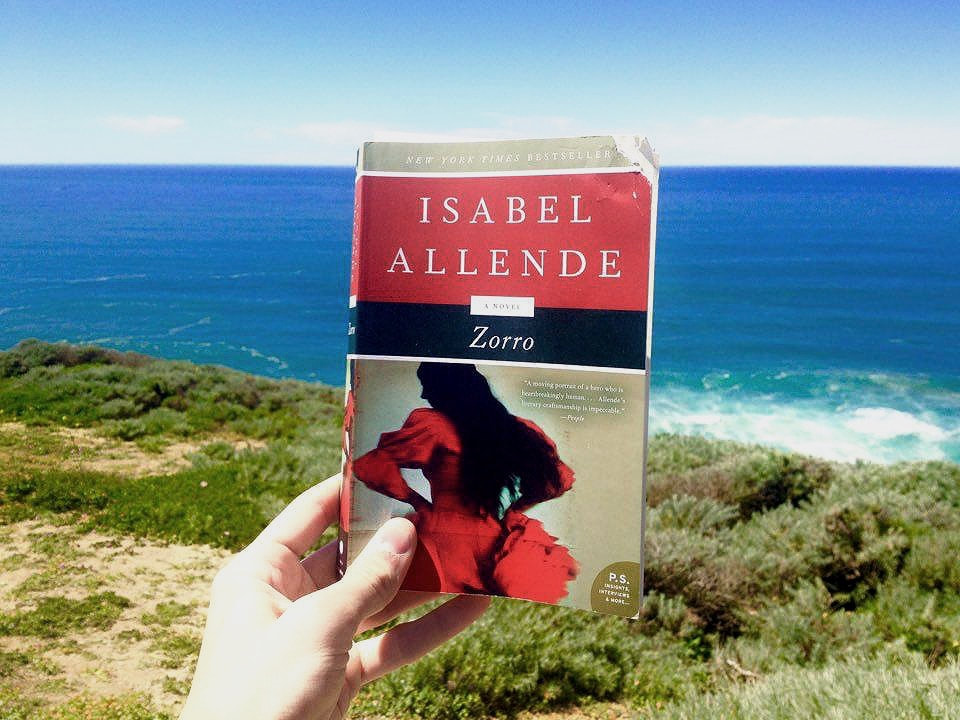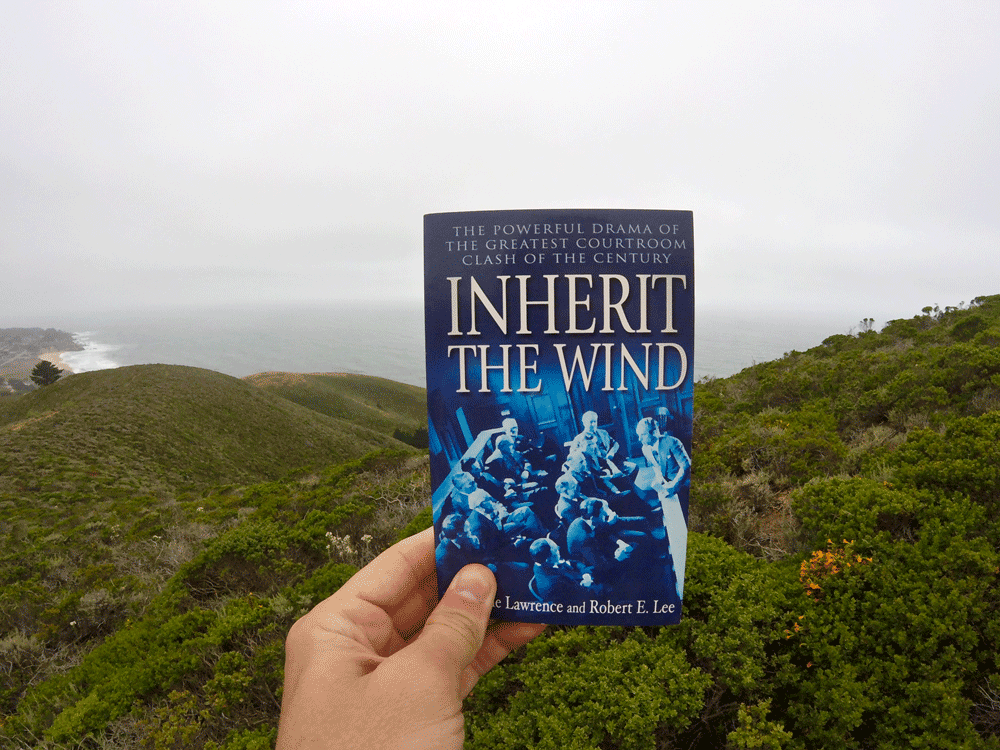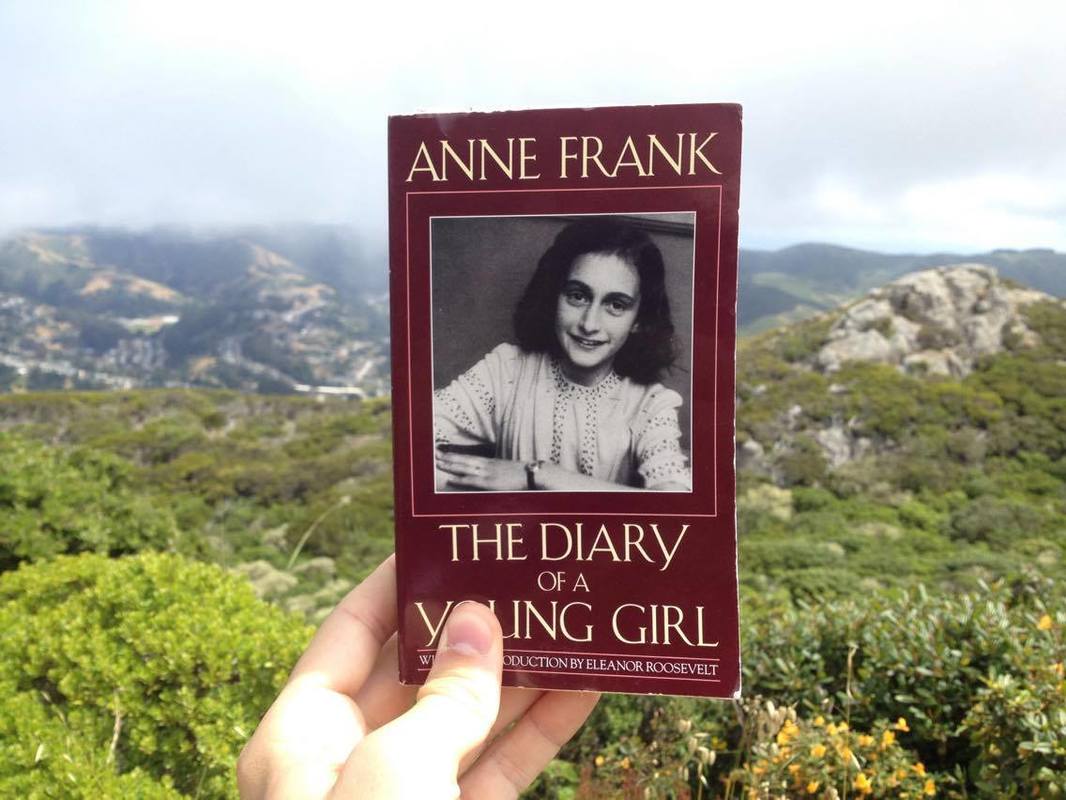This coming-of-age-tale of Francie Nolan was certainly bittersweet. Experiencing Francie growing up was both a raw and edifying journey. Nurtured by her steadfast mother and inhibited by her father's alcoholism, the young girl's everyday encounters felt like epic drama—with stakes high and lessons painful.
Filled with a host of insightful, cruel, redemptive, and heartbreaking episodes, I found myself struck by the nuanced characterizations of the Nolan family as well as the rich tapestry of neighbors, strangers, friends, and enemies, living and working in the slums of Williamsburg. Many of the children's precociousness drawn by Smith rival some of my favorite moments from To Kill a Mockingbird, and Adventures of Huckleberry Finn. And the simple, sophisticated theme uniting those observations and learnings from her journeys—struggle as nature's way of strengthening one's character—had me trusting Francie and the Nolans would be just fine, with roots strong and deep. [JG]
Filled with a host of insightful, cruel, redemptive, and heartbreaking episodes, I found myself struck by the nuanced characterizations of the Nolan family as well as the rich tapestry of neighbors, strangers, friends, and enemies, living and working in the slums of Williamsburg. Many of the children's precociousness drawn by Smith rival some of my favorite moments from To Kill a Mockingbird, and Adventures of Huckleberry Finn. And the simple, sophisticated theme uniting those observations and learnings from her journeys—struggle as nature's way of strengthening one's character—had me trusting Francie and the Nolans would be just fine, with roots strong and deep. [JG]
ABOUT BETTY SMITH
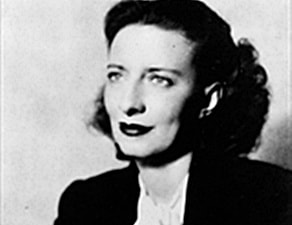
Betty Smith (1896-1972) was born as Elisabeth Wehner in the poor Williamsburg district of New York City to German immigrants. She married a fellow Brooklynite, George H. E. Smith, and moved to Ann Arbor, Michigan where they had two daughters. Although Betty had not finished high school, she re-committed to her education after her daughters entered grade school, studying journalism, literature, writing, and, winning a Yale scholarship award, Drama.
Betty Smith remarried in 1943 to private in the U.S. Army. That same year, A Tree Grows in Brooklyn was published. It became an instant bestseller, and Smith went on to write three other novels--Tomorrow Will Be Better, Maggie-Now, and Joy in the Morning— as well as many one-act and full-length plays.
Her life was fraught with unexpected setbacks, but in an article published in This Week magazine, called "Fall in Love with Life," Smith concluded with this: "To live, to struggle, to be in love with life—in love with all life holds, joyful or sorrowful—is fulfillment. The fulfillment of life is open to all of us."
Betty Smith remarried in 1943 to private in the U.S. Army. That same year, A Tree Grows in Brooklyn was published. It became an instant bestseller, and Smith went on to write three other novels--Tomorrow Will Be Better, Maggie-Now, and Joy in the Morning— as well as many one-act and full-length plays.
Her life was fraught with unexpected setbacks, but in an article published in This Week magazine, called "Fall in Love with Life," Smith concluded with this: "To live, to struggle, to be in love with life—in love with all life holds, joyful or sorrowful—is fulfillment. The fulfillment of life is open to all of us."
QUOTES I LIKE
10. "In the old country, a man can be no more than his father, providing he works hard. If his father was a carpenter, he may be a carpenter. He may not be a teacher or a priest. He may rise—but only to his father's state. In the old country, a man is given to the past. Here [in America] he belongs to the future. In this land, be may be what he wills, if he has the good heart and the way of working honestly at things."
9. "To have a child, to plant a tree, to write a book." — Emile Zola
8. "Mother, I am young. Mother, I am just eighteen. I am strong. I will work hard, Mother. But I do not want this child to grow up just to work hard. What must I do, Mother, what must I do to make a different world for her? How do I start?" "The secret lies in the reading and writing...I know this is the secret."
7. "Everything struggled to live. Look at that tree growing up there out of the grating. It gets her sun and water only when it rains. It's growing out of sour earth. And it's strong because it's hard struggle to live is making it strong. My children will be strong that way."
6. "France stood there with the hot flamepoints of share burning her face."
5. "A person who pulls himself up from a low environment via the bootstrap route has two choices. Having risen above his environment, he can forget it; or, he can rise above it and never forget it and keep compassion and understanding in his heart for those he has left behind him in the cruel upclimb. The nurse had chosen the forgetting way."
4. "When the needle jabbed, Francie never felt it. The waves of hurt started by the doctor's words were racking her body and above all other feeling. While the nurse was expertly trying a strip of gauze around her arm and the doctor was putting his instrument in the sterilizer and taking out a fresh needle, Francie spoke up. "My brother is next. His arm is just as dirty as mine so don't be surprised. And you don't have to tell him. you told me." ... She turned, stumbled a little and walked out of the room."
3. "Brutalizing is the only adjective for the public schools of that district around 1908 and '09. Child psychology had not been heard of in Williamsburg in those days. Teaching requirement were easy: graduation from high school and two years at Teacher's Training School. Few teachers had the true vocation for their work. They taught because it was one of the few jobs open to them; because it was better paying than factory work; because they had a long summer vacation; because they got a pension when they retired. The taught because no one wanted to marry them...These barren women spent their fury on other women's children in a twisted authoritative manner."
2. "She read the words over aloud. They sounded like words that came in a can; the freshness was cooked out of them."
1. "She has skin like a magnolia petal...and her eyes are deep and dark like forest pools."
9. "To have a child, to plant a tree, to write a book." — Emile Zola
8. "Mother, I am young. Mother, I am just eighteen. I am strong. I will work hard, Mother. But I do not want this child to grow up just to work hard. What must I do, Mother, what must I do to make a different world for her? How do I start?" "The secret lies in the reading and writing...I know this is the secret."
7. "Everything struggled to live. Look at that tree growing up there out of the grating. It gets her sun and water only when it rains. It's growing out of sour earth. And it's strong because it's hard struggle to live is making it strong. My children will be strong that way."
6. "France stood there with the hot flamepoints of share burning her face."
5. "A person who pulls himself up from a low environment via the bootstrap route has two choices. Having risen above his environment, he can forget it; or, he can rise above it and never forget it and keep compassion and understanding in his heart for those he has left behind him in the cruel upclimb. The nurse had chosen the forgetting way."
4. "When the needle jabbed, Francie never felt it. The waves of hurt started by the doctor's words were racking her body and above all other feeling. While the nurse was expertly trying a strip of gauze around her arm and the doctor was putting his instrument in the sterilizer and taking out a fresh needle, Francie spoke up. "My brother is next. His arm is just as dirty as mine so don't be surprised. And you don't have to tell him. you told me." ... She turned, stumbled a little and walked out of the room."
3. "Brutalizing is the only adjective for the public schools of that district around 1908 and '09. Child psychology had not been heard of in Williamsburg in those days. Teaching requirement were easy: graduation from high school and two years at Teacher's Training School. Few teachers had the true vocation for their work. They taught because it was one of the few jobs open to them; because it was better paying than factory work; because they had a long summer vacation; because they got a pension when they retired. The taught because no one wanted to marry them...These barren women spent their fury on other women's children in a twisted authoritative manner."
2. "She read the words over aloud. They sounded like words that came in a can; the freshness was cooked out of them."
1. "She has skin like a magnolia petal...and her eyes are deep and dark like forest pools."
YOU MAY ALSO LIKE

